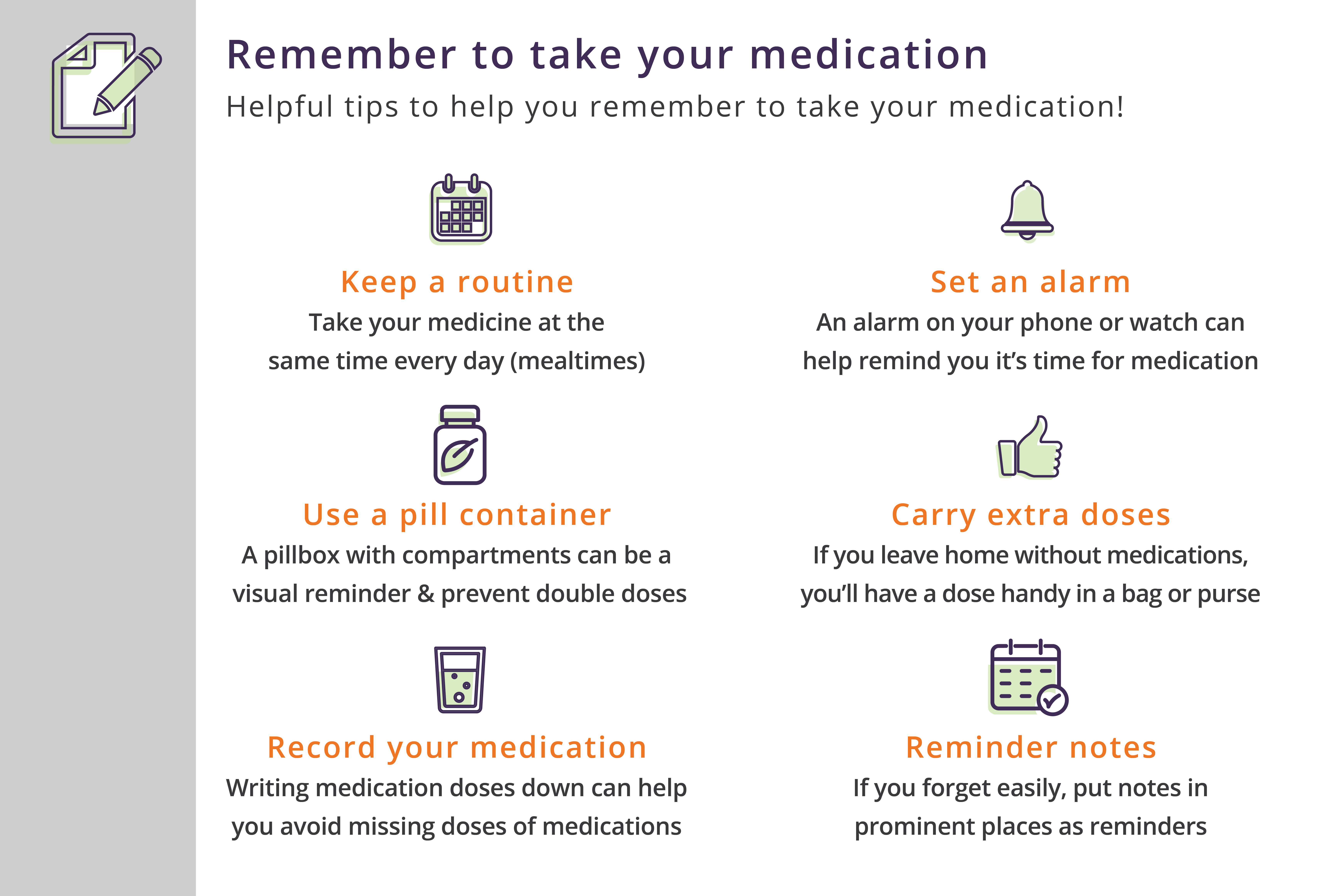
“Take two pills and call me in the morning.”
This saying, often attributed to doctors from the past, reflects a time when doctors were on call 24 hours a day and made house calls. If a doctor received a late-day message from a patient with a non-critical issue, they might suggest taking a couple of aspirin to help alleviate symptoms. This approach saved the doctor from making a late house call and helped reduce patient worry.
Each patient has specific reasons for not refilling a prescription or taking medication. These reasons can range from medication cost, forgetfulness, or even transportation issues. By addressing patient-specific barriers to compliance, doctors can improve outcomes and help lower overall healthcare costs. Let’s discuss some common barriers to medication adherence and how health plans are making efforts to help members with prescription refills.
Five Reasons Patients Don’t Take Medications
Most non-adherence is intentional, with patients making a rational decision not to take their medicine based on their knowledge, experience, and beliefs. Here are five common reasons for intentional non-adherence:
Cost
A major barrier to adherence is often the cost of the medication prescribed. High prescription costs may lead patients to not fill a prescription at all. Checking to see if a medication is included in a member’s insurance plan formulary can be very helpful. Medications in the formulary have already been approved by an insurance plan. Doctors can also help address the cost barrier by prescribing generic drugs and pointing patients toward coupons, vouchers, patient assistance programs, and helpful websites that offer cost-saving measures.
Misunderstanding or Lack of Symptoms
When a patient does not understand the need for a medication, or if the medical condition does not seem urgent or life-threatening, they might not take the medication seriously. Sometimes, the length of time it takes to see results makes patients feel as if the medication is not helping them.
Too Many Medications
Non-adherence can occur when a patient is taking multiple medications and becomes tired of “swallowing pills.” The more medications a patient takes, the more likely they are to become non-adherent.
Fear of Side Effects
Patients may be frightened of potential side effects of various medications.
Mistrust of Doctor Recommendations
News coverage of marketing efforts by pharmaceutical companies that influence physicians’ prescribing patterns can make patients suspicious of the medications they’ve been prescribed.
Building Patient Trust to Support Medication Adherence
Many health plans prioritize medication adherence to address quality improvement. Monitoring members and their prescription adherence is one of the most effective ways to manage chronic disease conditions. Medications can:
- Help control symptoms
- Save money on healthcare costs
- Avoid trips to visit a doctor
- Help members live longer
- Improve quality of life
Health plans often focus on members who are prescribed long-term medications for chronic disease diagnoses such as asthma, diabetes, hypertension, or high cholesterol. The goal is to assure members that their health plan is available to answer questions regarding medications, help find resources, and remind them that their health outcomes truly matter.
Outreach efforts may include text messages, emails, or mailed letters to determine what barriers members face in filling their prescriptions. These efforts can help identify what issues a member may be facing and to help find a solution that will get them back on track.
Remember, following your medication treatment plan can help you stay healthy and symptom-free. Here are a few helpful tips to help you remember to take your medication:

Continual Improvement
A better health outcome is the most significant benefit of taking medications as prescribed. Doctors prescribe medications to treat symptoms and help patients manage or overcome certain health conditions. Failing to use medicines as prescribed can result in worsened health, longer recovery, unwanted side effects, substance use disorders, and other serious health conditions.
Using medication correctly can help save money that would otherwise be spent on healthcare costs related to medication mismanagement, such as hospitalization, emergency room visits, and addiction recovery treatment.
Your health and wellness are important. If you have any questions or need assistance, please reach out to your health plan’s customer service.
Our members’ health and wellness is important to us.
- Chat or call: Monday-Friday, 8 a.m.-5 p.m.
- Customer Chat at: phpni.com (member login)
- Email: custsvc@phpni.com